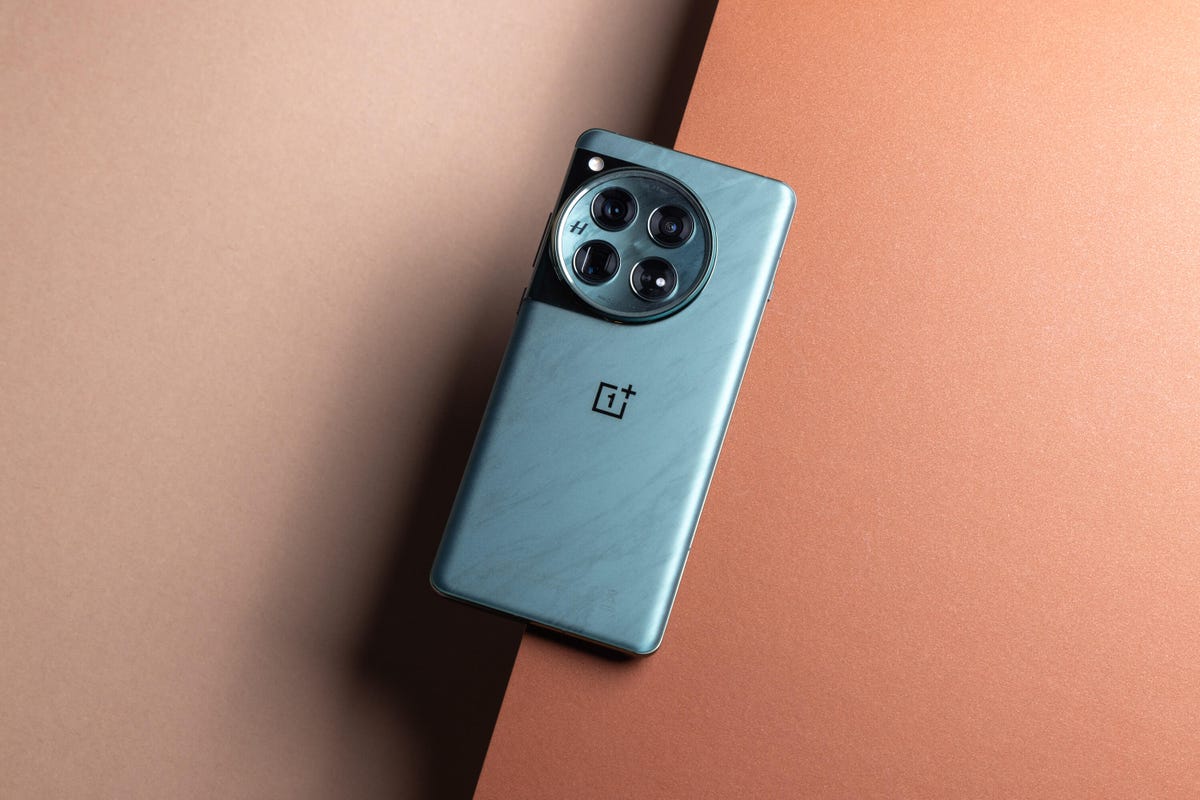
M3 MacBook Air Hits 114°C, 33% Slower than Pro Due to No Fan
What’s going on here?
The latest M3 MacBook Air models, including both 13-inch and 15-inch versions, continue Apple’s trend of employing a fan-less cooling design, prioritizing silent operation over peak performance. This design choice results in the M3 MacBook Air delivering less sustained performance compared to the M3 MacBook Pro, which comes equipped with a single fan. High-intensity tasks push the MacBook Air’s CPU temperatures up to 114 degrees Celsius, causing significant thermal throttling and making the device 33% slower than the MacBook Pro, despite both utilizing the same System on Chip (SoC).
What does this mean?
In short tests and benchmarks, the M3 MacBook Air might show impressive performance due to its strong single-core, multi-core, and Metal benchmark scores. However, in sustained workloads, such as the 3DMark Wild Life Extreme Stress test, it falls significantly behind the M3 MacBook Pro. The lack of active cooling in the MacBook Air leads to high temperatures not only internally but also on the aluminum exterior, reaching discomforting levels around 45-46 degrees Celsius. This design similarity with the M2 models, which also faced overheating issues, results in a significant performance loss under extended intense workloads.
Why should I care?
The thermal management limitations of the M3 MacBook Air matter for users who require consistent and prolonged high performance from their laptops. The fan-less design, while eliminating noise, imposes a performance ceiling and raises ergonomic concerns due to heat. For those needing to run demanding applications for extended periods, the M3 MacBook Pro might be a more suitable choice due to its better thermal performance, courtesy of its single-fan cooling system. Interestingly, there’s a bit of a workaround: the YouTube channel Max Tech demonstrated that modding the MacBook Air with inexpensive thermal pads (available on Amazon) can mitigate the overheating issues, suggesting a potential for users to unlock more sustained performance from their devices.
For more information, check out the original article here.




